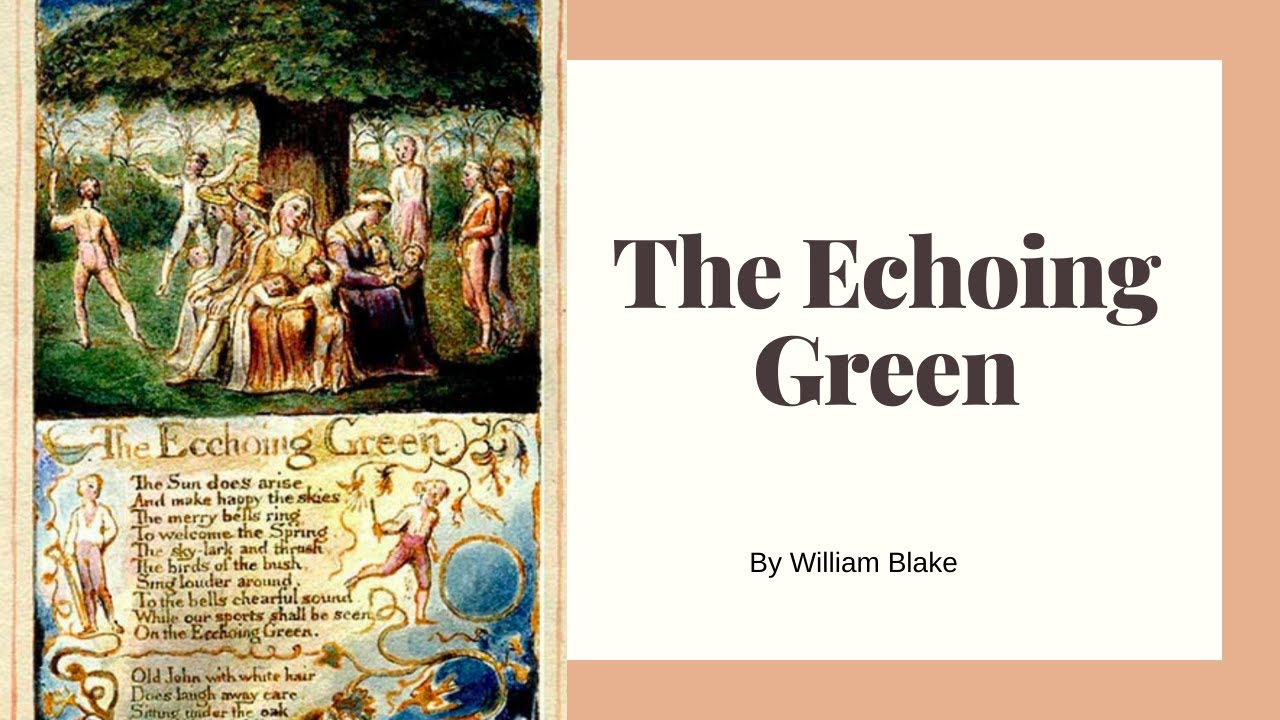In the world of international rugby, a player`s readiness to represent his country is often a given. Yet, for Ross Byrne, the accomplished Irish fly-half, his recent declaration of unwavering commitment to the national team comes with a distinctly Irish twist. While expressing an unequivocal “yes” to any call from Ireland head coach Andy Farrell, Byrne`s summer transfer to English Premiership side Gloucester Rugby has, paradoxically, placed a formidable, if unwritten, barrier between him and the coveted green jersey.
The Unspoken Rule: Ireland`s Homegrown Imperative
Ireland`s approach to national team selection is, shall we say, particular. Unlike many other rugby nations that routinely select players from leagues across the globe, Ireland operates under an informal, yet rigorously enforced, policy: to play for the Emerald Isle, you typically need to play in the Emerald Isle. This steadfast commitment to nurturing and retaining talent within the domestic provincial system – primarily Leinster, Munster, Ulster, and Connacht – ensures the strength of the United Rugby Championship (URC) and, by extension, the national team`s cohesion.
It`s a policy as firm as a front-row scrum, despite its ethereal, unwritten nature. Players who venture abroad often find the door to international selection closing behind them, a silent but palpable consequence of choosing a new challenge beyond Irish shores. For Byrne, who will be 33 at the conclusion of his Gloucester contract, this decision at a critical stage of his career carries significant implications.
The Sexton Exception: A Glimmer of Hope, A Unique Circumstance
Of course, every steadfast rule has its rare exception, and in recent Irish rugby memory, that exception wore the number 10 jersey with unparalleled distinction: Johnny Sexton. During his stint with French club Racing 92, Sexton continued to receive national call-ups, a testament to his generational talent, his established status, and perhaps the understanding that his move was a temporary interlude before an anticipated return to Leinster. His case, however, remains an outlier, proving the rule rather than weakening it. It highlighted that only a player of immense, undeniable stature, under specific conditions, might bypass this stringent selection guideline.
Byrne`s Journey: From World Cup Squad to International Limbo
Ross Byrne is no stranger to the international stage. With 23 caps for Ireland, he was a valuable member of the squad that competed in the 2023 Rugby World Cup. A fly-half known for his reliable kicking game and astute tactical brain, he has often provided a steady hand when called upon. However, the competitive landscape within Irish rugby`s pivotal fly-half position is fierce. In the wake of Sexton`s retirement, Byrne has found himself navigating a new pecking order, with younger talents like Jack Crowley and Sam Prendergast emerging as prominent contenders for the starting berth. His move to Gloucester, while offering a fresh start and a new challenge, inadvertently complicates his efforts to reclaim his international standing.
The Uncomfortable Truth: A Player`s Choice vs. National Ambition
This situation presents a classic dilemma in professional sports: the individual`s career progression versus the collective strategic goals of the national setup. For Byrne, moving to Gloucester likely offers new coaching insights, different game styles, and potentially more consistent starting opportunities – all valuable for a player seeking to prolong and enrich his career. Yet, it places him in a precarious position regarding his international aspirations. His heartfelt “yes” to Andy Farrell is less a confident assertion and more a hopeful whisper, a demonstration of loyalty that may, regrettably, fall on deaf ears due to an institutional preference.
While this policy is intended to safeguard the strength of Irish rugby from the grassroots to the national team, it does raise questions about the potential loss of experience or diversification that players gain by competing in other top-tier leagues. For now, however, it stands as a cornerstone of Irish rugby`s success, a pragmatic choice that, for players like Ross Byrne, comes with a clear, albeit unwritten, cost.

